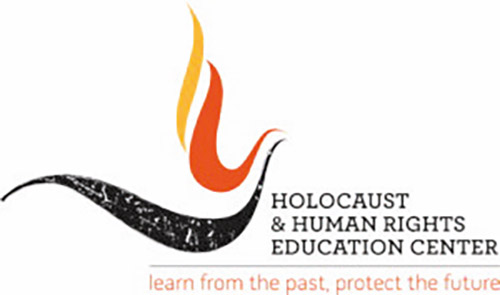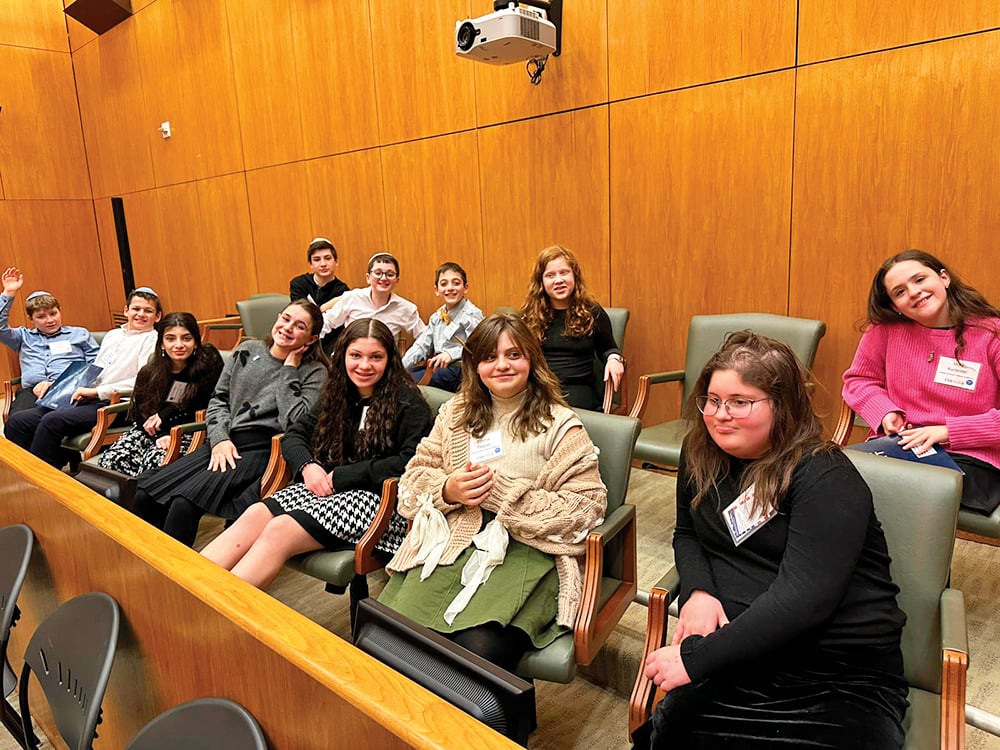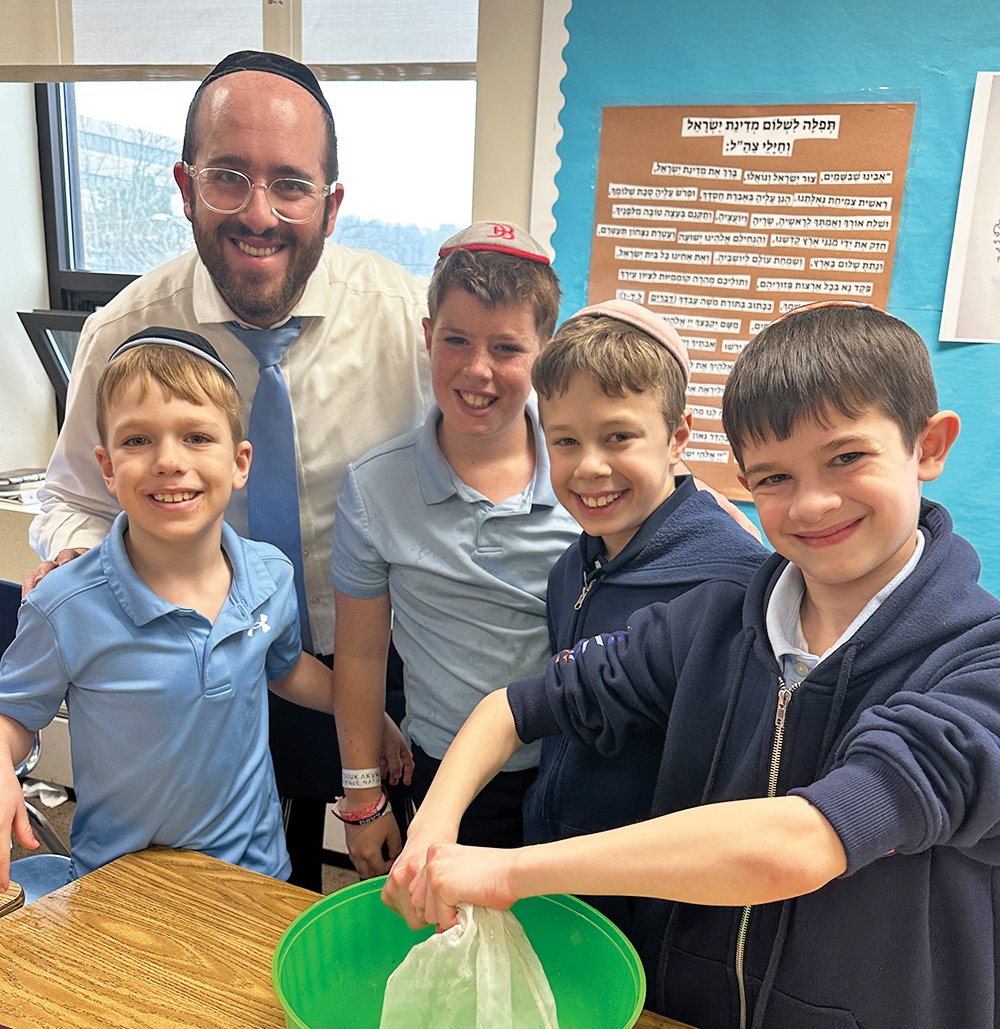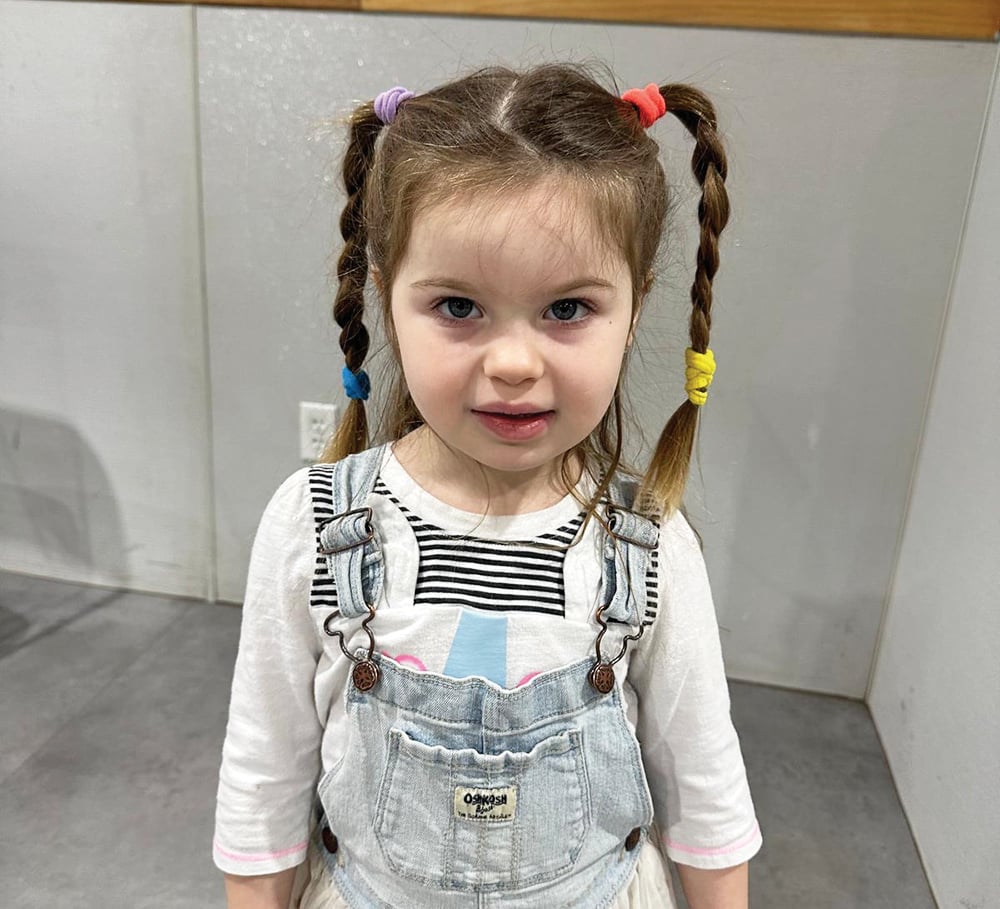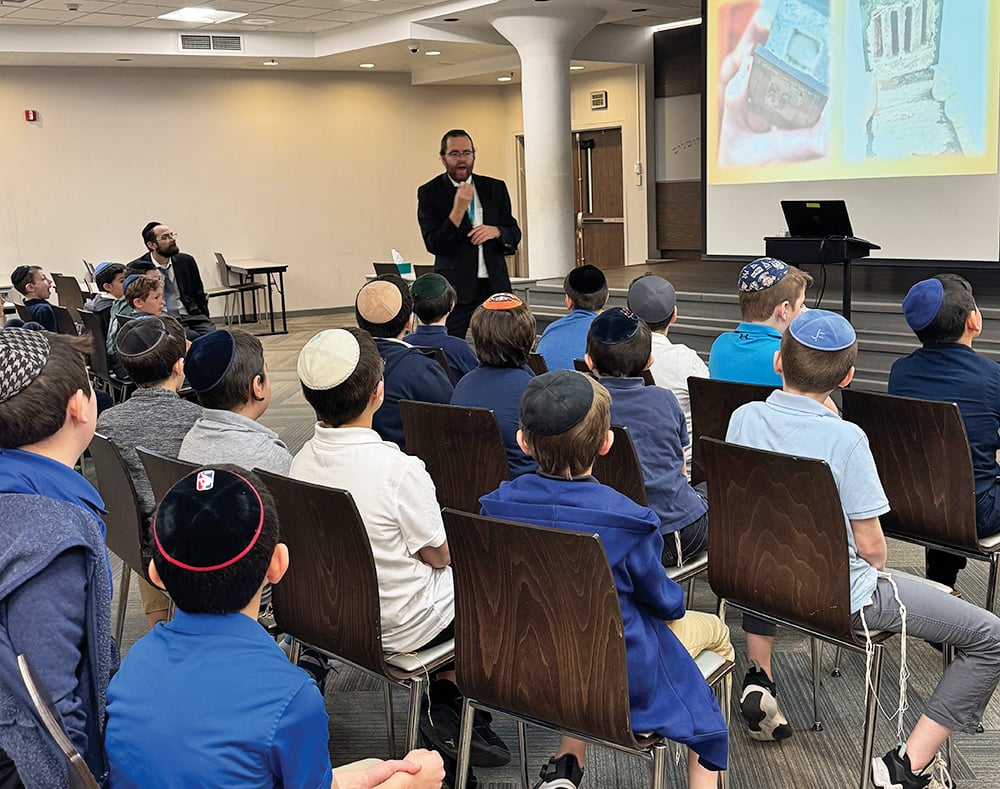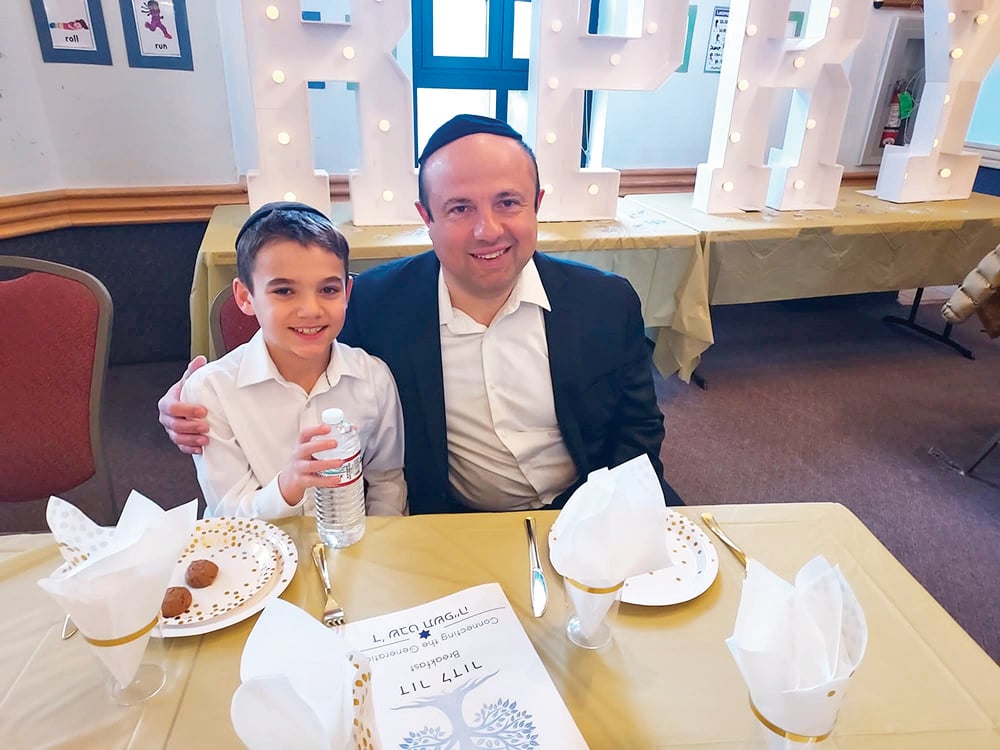
On November 9, 1938, the German High Command directed the Gestapo and the storm troopers to incite “spontaneous” mob riots throughout Germany, Austria and the Sudetenland region of Czechoslovakia. Throughout the night, mobs burned synagogues; destroyed Jewish homes and businesses; vandalized Jewish hospitals, orphanages and cemeteries; and dragged thousands of men, women and children into the streets, where they were beaten and humiliated. The violence continued into November 10 and in some places for several more days. Police and firemen were ordered not to interfere.
When the violence subsided, approximately 100 Jews had been killed and 30,000 had been arrested and sent to concentration camps, where thousands more died. In one night, hundreds of synagogues had been destroyed as well as 7,500 Jewish businesses and countless Jewish homes. The Germans call the night Kristallnacht, “The Night of Broken Glass”—because of the shards from the shattered plate windows of storefronts that lay knee-deep on many streets.
To commemorate the 83rd anniversary of Kristallnacht, on November 14, the Holocaust and Human Rights Education Center, (HHREC), located at 4 West Red Oak Lane, Suite 330, White Plains, New York, will join with Iona College to present a virtual live presentation, “Holocaust Memory and Racial Healing,” via Zoom. This annual Kristallnacht commemoration event will be held from 1:30 to 3 p.m. The event is free and open to the public. Advance registration is required to receive the Zoom link.
Susan Neiman, director of the Einstein Forum and former professor of philosophy at Yale and Tel Aviv Universities, will be the presenter for the “Memory and Racial Healing” program. Her latest book, “Learning From The Germans: Race and the Memory of Evil,” will be the focus of discussion. Her book delivers an urgently needed perspective on how a country can come to terms with its historical wrongdoings. Neiman tells the story of the slow and difficult path Germans took in their effort to face and atone for the crimes of the Holocaust. As the Western world struggles with its own legacies of racism and colonialism, the question becomes: What important lessons can we learn from the past for other people seeking to come to terms with their own national crimes and to move forward?
“Both the successes and failures of Germany’s historical reckoning” will be discussed, said Neiman. She urges her audience to consider the nuanced forms that evil can assume, so that we can recognize and avoid them in the future. In “Learning from the Germans: Race and the Memory of Evil” Neiman combines philosophical reflection, personal stories and interviews with both Americans and Germans who are grappling with the evils of their own national histories.
The mission of HHREC is to “enhance the teaching and learning of the lessons of the Holocaust and the right of all people to be treated with dignity and respect.” HHREC is a not-for-profit organization, serving Westchester, Fairfield and Putnam counties. Programs are recognized nationally for making history’s lessons applicable to today and for helping combat the ignorance, fear and distrust that breed bigotry, hate and violence. HHREC notes that the Holocaust was a human story. Human beings did the destruction. HHREC emphasizes, “Learn from the past, protect the future.”
For more information contact: Dr. Elena Procario-Foley [email protected] or Julie Scallero [email protected].
Register in advance for the link to the event: https://hhrecny.org
Phone: 914-696-0738. Email: [email protected]
Susan R. Eisenstein is a longtime Jewish educator, passionate about creating special, innovative activities for her students. She is also passionate about writing about Jewish topics and about Israel. Susan has two master’s degrees and a doctorate in education from Columbia University.


